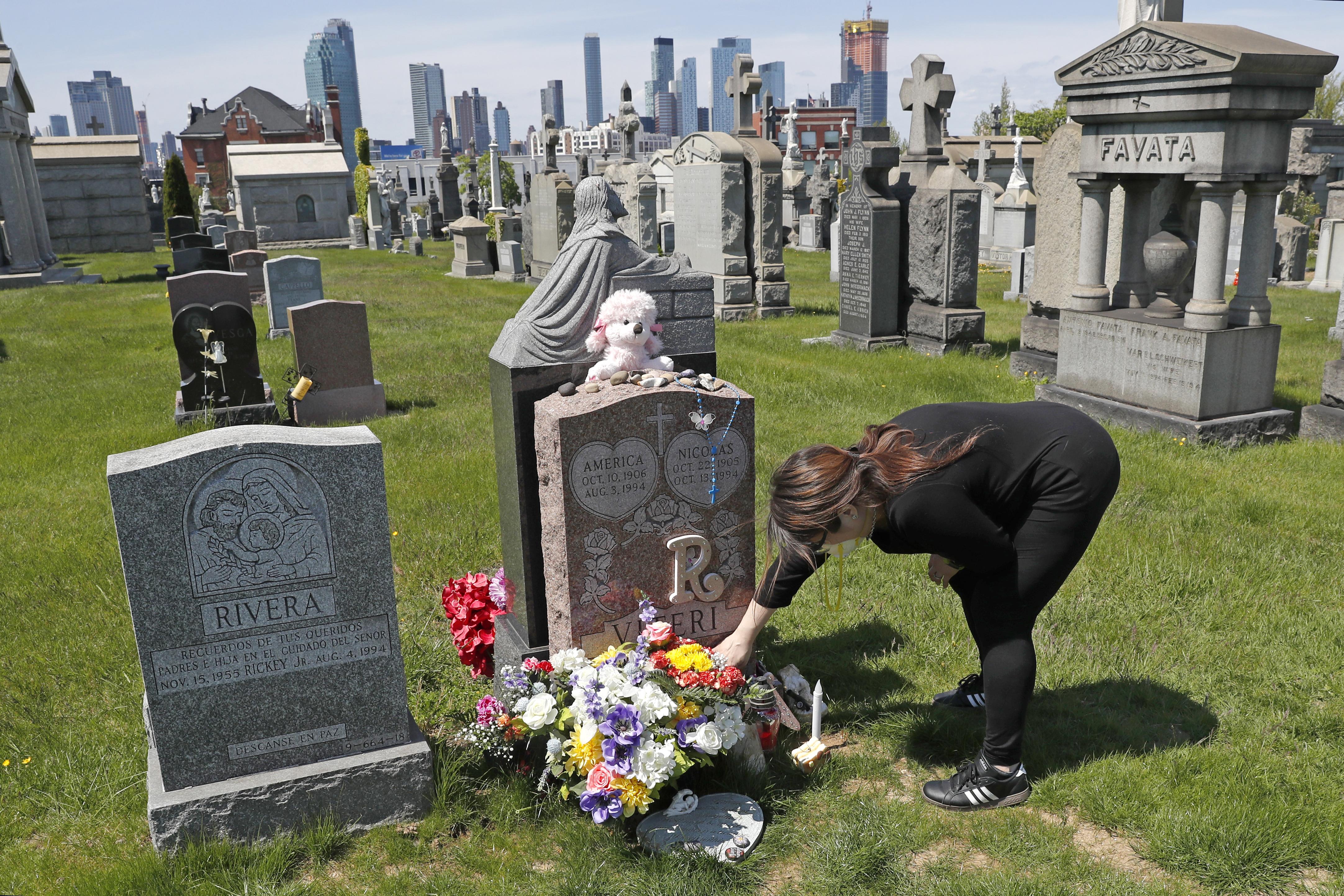
NEW YORK (AP) — Overdose deaths soared to a record 93,000 last year in the midst of the COVID-19 pandemic, the U.S. government reported Wednesday.
That estimate far eclipses the high of about 72,000 drug overdose deaths reached the previous year and amounts to a 29% increase.
“This is a staggering loss of human life,” said Brandon Marshall, a Brown University public health researcher who tracks overdose trends.
The nation was already struggling with its worst overdose epidemic but clearly “COVID has greatly exacerbated the crisis,” he added.
Lockdowns and other pandemic restrictions isolated those with drug addictions and made treatment harder to get, experts said.
Jordan McGlashen died of a drug overdose in his Ypsilanti, Michigan, apartment last year. He was pronounced dead on May 6, the day before his 39th birthday.
“It was really difficult for me to think about the way in which Jordan died. He was alone, and suffering emotionally and felt like he had to use again,” said his younger brother, Collin McGlashen, who wrote openly about his brother’s addiction in an obituary.
Jordan McGlashen’s death was attributed to heroin and fentanyl.
While prescription painkillers once drove the nation’s overdose epidemic, they were supplanted first by heroin and then by fentanyl, a dangerously powerful opioid, in recent years. Fentanyl was developed to treat intense pain from ailments like cancer but has increasingly been sold illicitly and mixed with other drugs.
“What’s really driving the surge in overdoses is this increasingly poisoned drug supply,” said Shannon Monnat, an associate professor of sociology at Syracuse University who researches geographic patterns in overdoses. “Nearly all of this increase is fentanyl contamination in some way. Heroin is contaminated. Cocaine is contaminated. Methamphetamine is contaminated.”
Fentanyl was involved in more than 60% of the overdose deaths last year, CDC data suggests.
There’s no current evidence that more Americans started using drugs last year, Monnat said. Rather, the increased deaths most likely were people who had already been struggling with addiction. Some have told her research team that suspensions of evictions and extended unemployment benefits left them with more money than usual. And they said “when I have money, I stock up on my (drug) supply,” she said.
Overdose deaths are just one facet of what was overall the deadliest year in U.S. history. With about 378,000 deaths attributed to COVID-19, the nation saw more than 3.3 million deaths.
All contents © copyright 2021 Associated Press. All rights reserved
The remainder of this article is available in its entirety at CBN